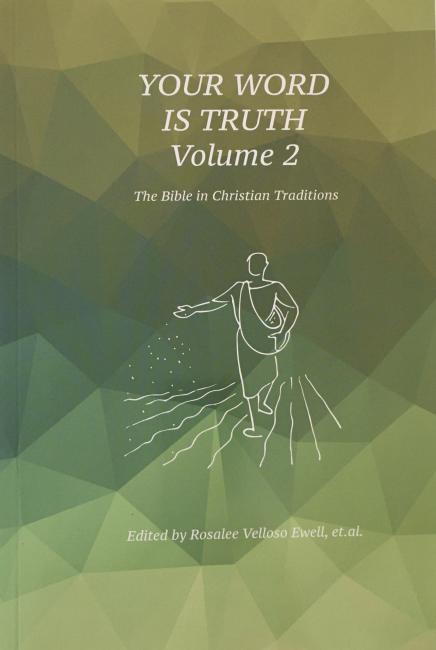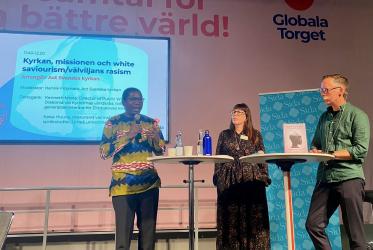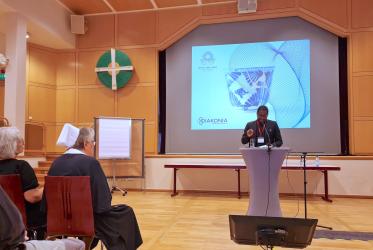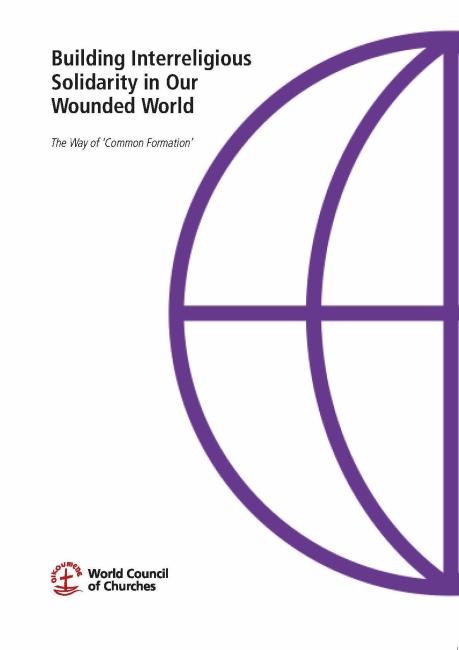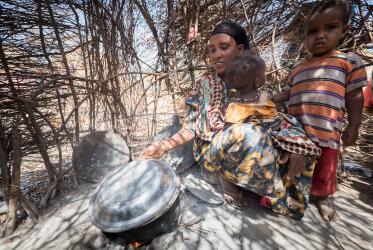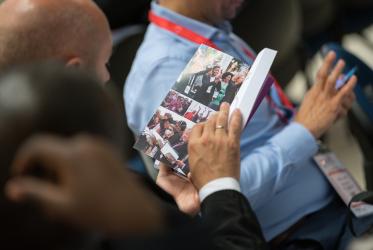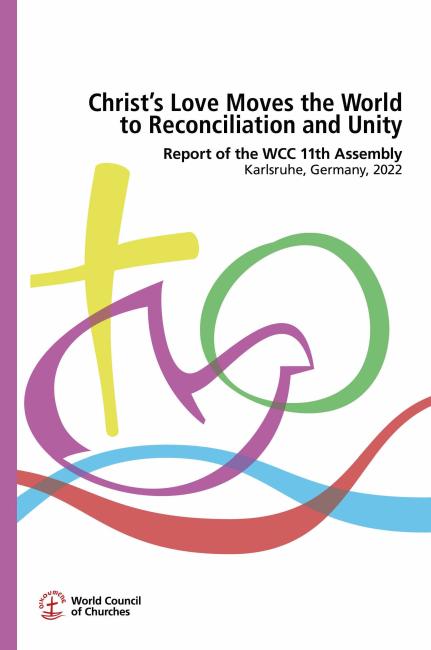Displaying 21 - 40 of 359
13 October 2023
Recommended Practices to Combat HIV-Related Stigma
A Guidebook for Local Faith Communities
05 October 2023
Faith Sector Implementation of the Global AIDS Strategy
05 October 2023
ACT Alliance general secretary: “equity is not negotiable”
26 September 2023
Church of Ireland launches appeal to help survivors of Libya floods
21 September 2023
In wake of floods in Brazil, WCC expresses concern and solidarity
09 September 2023
Ecumenical International Youth Day 2023 Toolkit
Young People and Their Voices from the Warzones
26 July 2023

